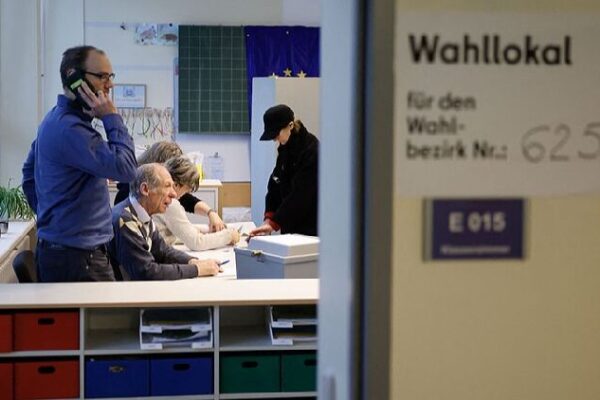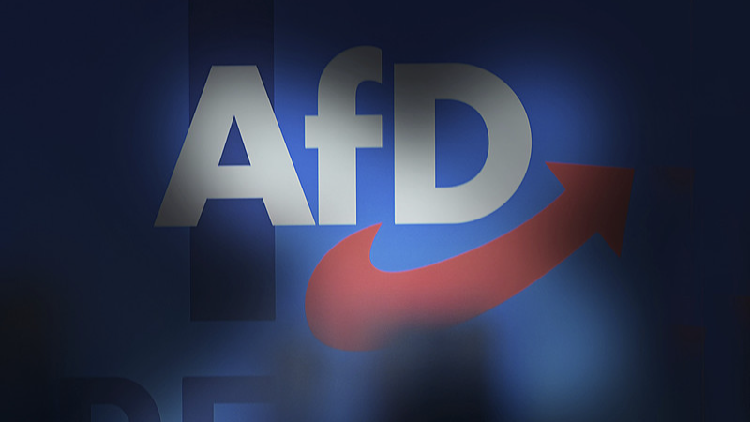German voters are heading to the polls in a snap federal election that could reshape the country’s political landscape. The election was called after the collapse of Chancellor Olaf Scholz’s three-party coalition, and it’s taking place against the backdrop of significant issues like immigration, the cost of living, and a series of fatal attacks that have shaken the nation.
Key Issues at Stake
Immigration and asylum policies have taken center stage in this election. The rise of the far-right Alternative for Germany (AfD) has pushed these topics to the forefront, with the party advocating for stricter measures on asylum seekers and migrants. This has influenced the agendas of the major parties, with the conservative CDU/CSU alliance proposing permanent border controls and the SPD promising to expedite the deportation of those whose asylum applications are rejected.
The economy is another crucial issue. As Europe’s largest economy shows signs of slowing, parties are offering different solutions. The CDU/CSU proposes cutting taxes and reducing welfare spending to stimulate growth, while the SPD wants to reform fiscal rules to allow more public investment. The Ukraine crisis also looms large, with debates on how much support Germany should provide to Kyiv.
The Rise of the AfD
Founded just 12 years ago, the AfD has grown from a fringe party to a significant political force. Initially gaining support in eastern Germany, it has expanded nationwide and is now polling second in some surveys. The party’s positions on immigration, the economy, and foreign policy have resonated with a segment of the population, particularly amid current global uncertainties.
Main Candidates
Friedrich Merz, the 69-year-old leader of the CDU, is aiming to become the next chancellor. Known for his business-friendly policies and social conservatism, Merz is an experienced politician who previously led his party two decades ago.
Olaf Scholz, the incumbent chancellor from the SPD, is seeking re-election despite challenges during his tenure, including economic struggles and internal coalition disputes. At 66, Scholz brings experience but faces criticism over handling recent crises.
Alice Weidel represents the AfD as its chancellor candidate. At 46, she brings a younger perspective and is known for her active presence on digital platforms. Weidel’s positions often spark debate, reflecting the party’s controversial stances.
The Greens are fielding Robert Habeck, who served as vice-chancellor in the previous government. Meanwhile, Sahra Wagenknecht leads the leftist BSW party, appealing to voters seeking alternatives to the mainstream options.
What the Polls Say
Current polls indicate that no single party will achieve an outright majority. The CDU/CSU alliance leads with around 30% support, followed by the AfD. The SPD and Greens are vying for third place, each with just over 15% support. Smaller parties like the FDP, Linke, and BSW hover around the 5% threshold needed to enter parliament.
Global Implications
Germany’s election outcomes have far-reaching implications, not just for Europe but for the global community. As one of the world’s leading economies, shifts in its policies on trade, immigration, and foreign relations can influence international dynamics. The rise of the AfD also mirrors broader trends of increasing support for right-wing parties in various countries, raising questions about the future of global cooperation and multiculturalism.
Why It Matters to You
The results of this election could affect international markets, migration policies, and global efforts to address issues like climate change and conflicts. For young people around the world, understanding these developments is crucial, as today’s political shifts can shape tomorrow’s opportunities and challenges.
The polls will close soon, and the world is watching to see which direction Germany will take.
Reference(s):
Germans set to go to the polls with AfD helping shape agenda
cgtn.com








